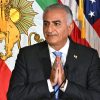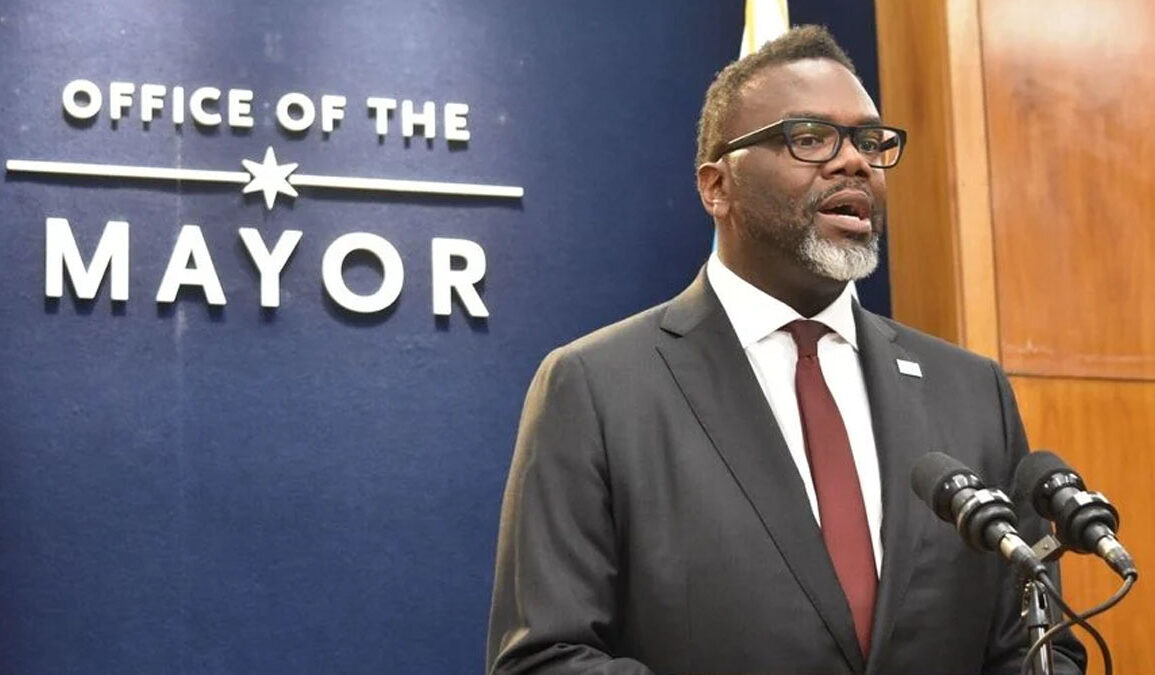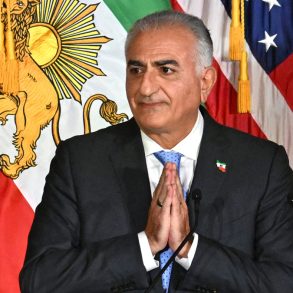Chicago Mayor Brandon Johnson signed a controversial executive order on October 6, 2025, establishing “ICE-free zones” across the city. The order prohibits U.S. Immigration and Customs Enforcement (ICE) agents from using any city-owned property—including parking lots, garages, libraries, and parks—for enforcement operations. Johnson said the move is part of his “Protecting Chicago Initiative,” meant to “rein in this out-of-control administration” and “protect constitutional rights.”
“We will not tolerate ICE agents violating our residents’ constitutional rights nor will we allow the federal government to disregard our local authority,” Johnson said. He framed the order as a stand against President Donald Trump’s expanded immigration enforcement and National Guard deployment in Chicago. “Our school parking lots are not for ICE to load their weapons. Our libraries are not for ICE to prepare for a raid,” he declared.
Legal Uncertainty
The order immediately raised questions about legality. Immigration enforcement is a federal responsibility, and federal law overrides state and local policies that conflict with immigration statutes. While Johnson’s office insists the city can control use of its property, ICE maintains that the federal government “has primary authority over immigration matters.”
In practice, the order’s power may be symbolic—Chicago cannot legally prevent ICE from operating within its jurisdiction. Nonetheless, it sends a political message that Johnson wants to distance the city from Trump’s immigration crackdown.
Federal and State Reactions
Homeland Security officials condemned the move. Assistant Secretary Tricia McLaughlin told The Epoch Times that Johnson’s policy “endangers law enforcement and public safety.” She accused the mayor of refusing police backup when ICE agents were attacked by a mob just days earlier, calling his stance “reckless.” McLaughlin said ICE agents have seen a “1,000 percent increase in assaults this year,” pointing to a recent attack in Chicago where agents were rammed by a vehicle.
The Trump White House reacted even more sharply, calling the policy “a disgusting betrayal of every law-abiding citizen.” A statement accused Johnson of “shielding violent criminal illegal aliens” and “putting gang members, rapists, and murderers before the terrified families of Chicago.” On social media, the White House called the move “sick,” saying Johnson was “aiding and abetting criminal illegal immigrant killers, rapists, traffickers, and gangbangers.”
The Broader Conflict
Johnson’s order came the same day Illinois Governor J.B. Pritzker sued the Trump administration to block deployment of National Guard troops in Illinois, calling it an “unlawful invasion.” Trump had authorized 400 Texas National Guard members to reinforce immigration enforcement operations in Chicago and Oregon after Pritzker refused to comply.
“The Trump administration must end the war on Chicago,” Johnson said. “The right wing in this country wants a rematch of the Civil War.” The mayor’s rhetoric portrayed federal intervention as an assault on democracy rather than a response to lawlessness.
While Johnson fights political battles with Washington, Chicago remains one of the most violent cities in America. The homicide rate continues to soar, and residents in some neighborhoods live in daily fear. Critics say the mayor is prioritizing political theater over public safety.
Former South Dakota Governor and DHS official Kristi Noem called Johnson “delusional,” saying he has “let his city become a war zone.” Republican governors like Greg Abbott have also blasted Illinois leadership, arguing that federal enforcement is necessary to protect citizens.
Public Opinion and Ethical Divide
Supporters of Johnson’s order argue that Chicago’s immigrant population deserves protection from what they see as heavy-handed federal raids. They claim ICE operations often spread fear among law-abiding immigrants and erode trust between communities and local police.
Opponents, however, view the executive order as a dangerous act of defiance that invites chaos. They see it as another chapter in Chicago’s decline—a city overwhelmed by crime, drugs, and corruption while its leaders grandstand against Washington. Legal experts suggest the order will likely be challenged in court, setting up yet another showdown between federal supremacy and local sanctuary policies.
Chicago’s new “ICE-free zones” highlight a deepening rift between local and federal authority. For Johnson, it’s a symbolic strike against Trump’s immigration agenda. For his critics, it’s a reckless decision that leaves the city’s citizens and law enforcement more vulnerable than ever. As violence surges and politics take center stage, many Chicagoans are left wondering who their mayor is really protecting.








